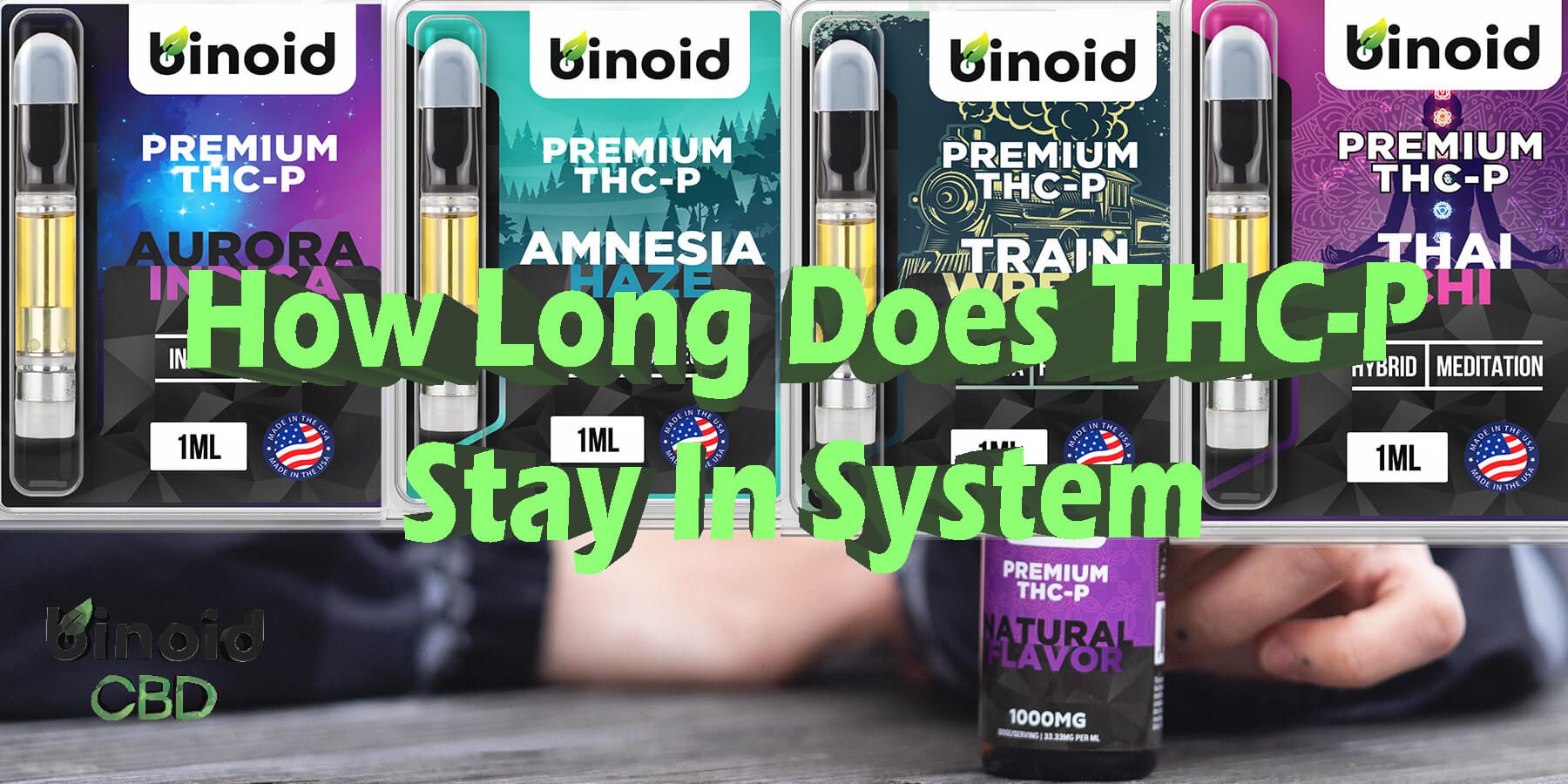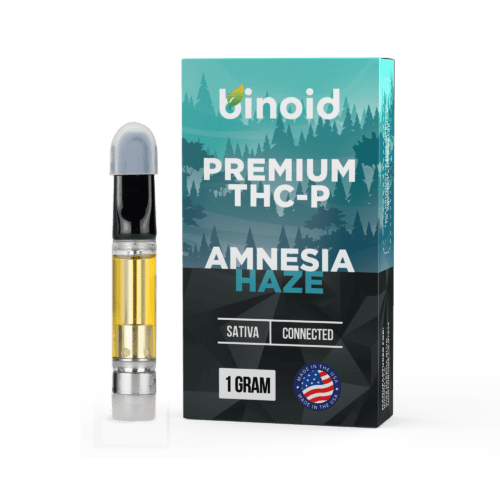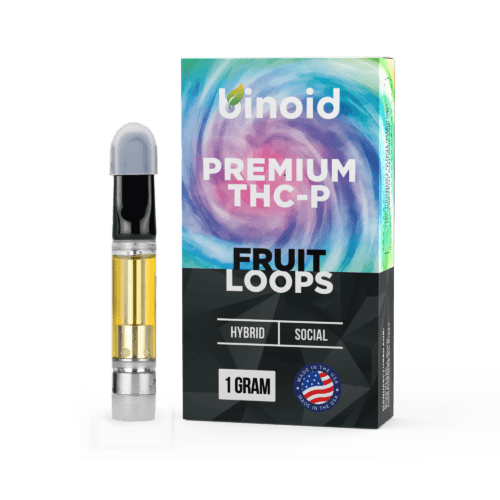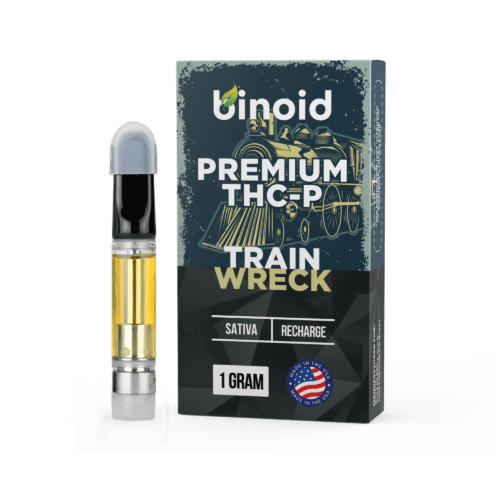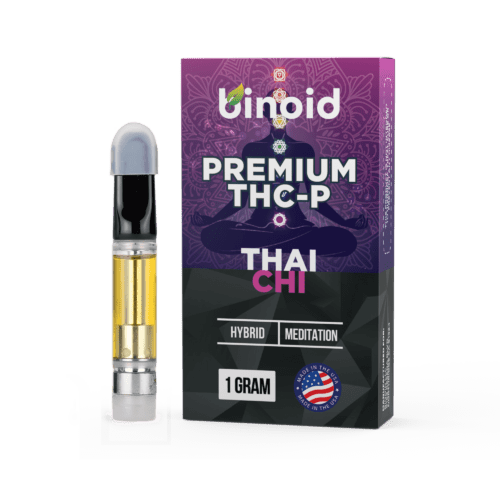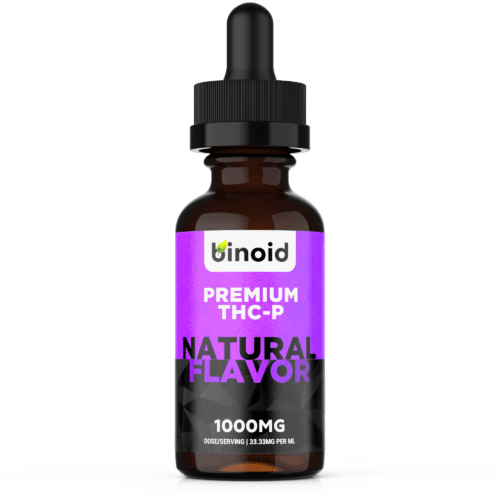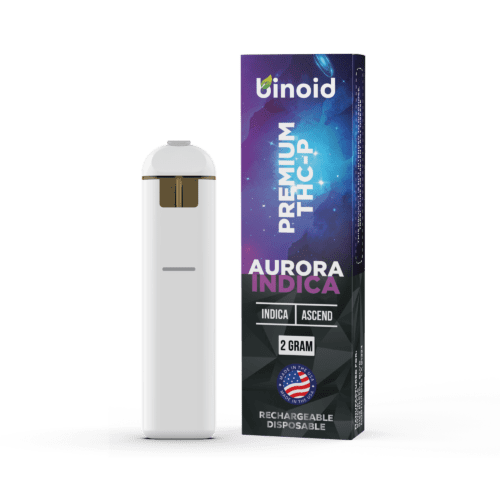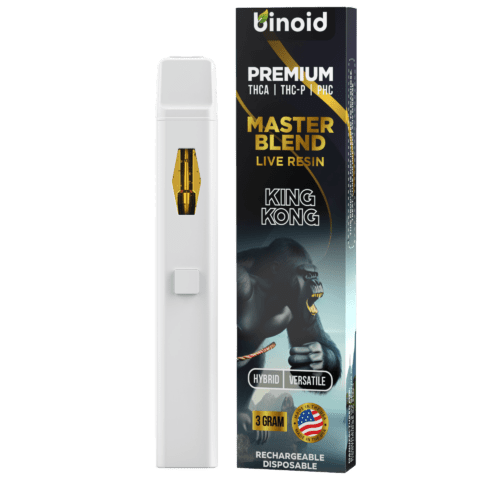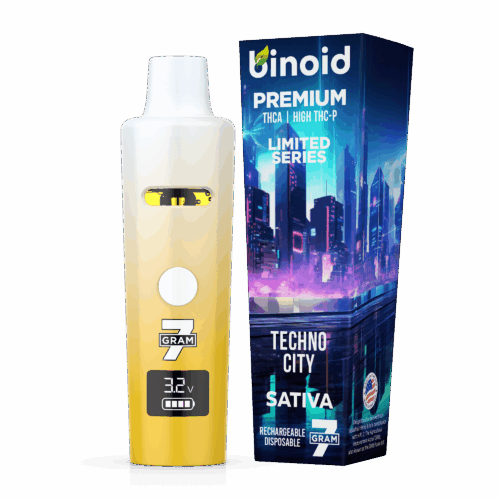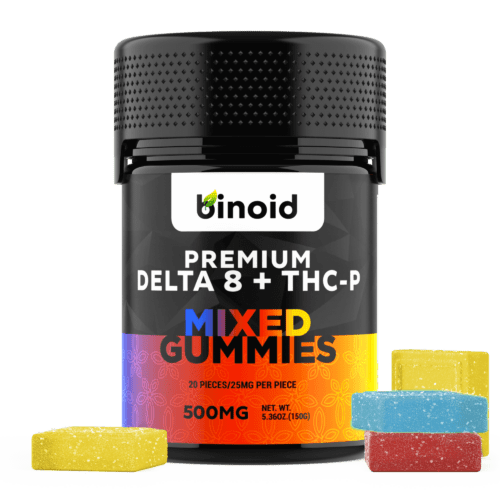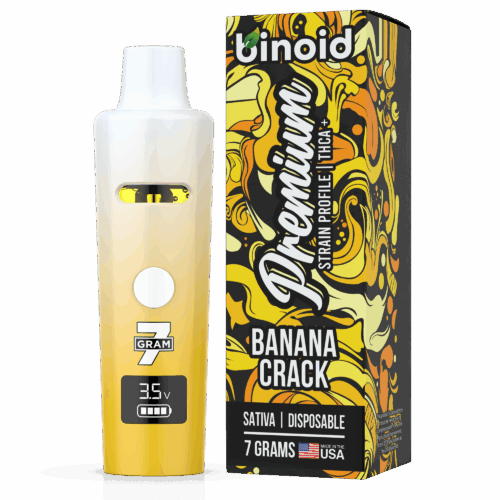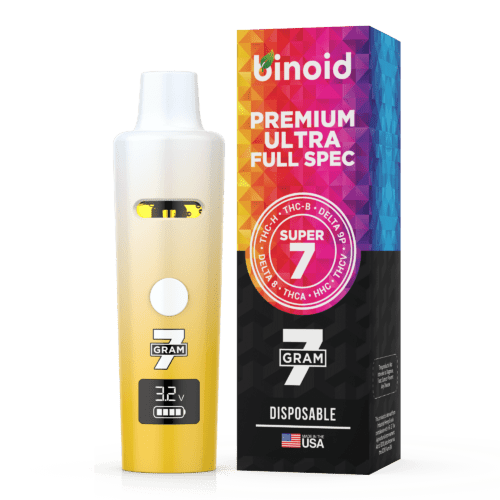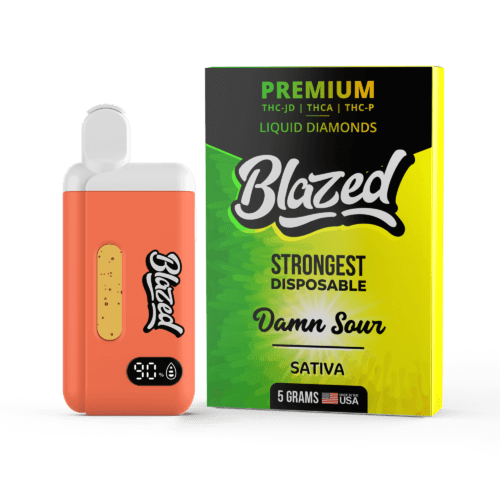Of all of the psychoactive cannabinoids that’re found in the hemp plant, none are as powerful as THC-P. This sublimely potent derivative provides a high that is several times stronger than delta 9 THC, and this is the biggest aspect of its appeal. Because of this, THC-P is unsurprisingly becoming a highly sought-after product on the market, and one that people all over the country are buying in various product forms like gummies, vapes and so on.
But, there is one thing that a lot of people will need to consider before taking THC-P Products, which’s the length of time during which it remains in the body. Because it’s a THC compound, this is especially important since it can impact the results of a drug test.
To Buy THC-P Products Click Here
How Long Do the Effects of THC-P Typically Last in Our System for?
Aside from how long it takes for THC-P to fully clear from the body, you also need to consider how long the actual effects (the high) are felt for. Be aware that once the high does wear off, THC-P is still in the body, getting metabolized before it completely clears, mainly through the urine.
Tetrahydrocannabiphorol (THC-P) is a naturally occurring cannabinoid in the hemp plant that is uniquely efficient at absorbing into the body. This is why the cannabinoid is reported to be about 10 times as intoxicating as delta 9 THC. Studies have not yet shown whether or not this changes the length of time during which the effects of THC-P are felt, but most users do report that the effects last for about the same length of time as delta 9 THC.
So, how long does the high last?
Well, that mainly depends on the delivery method, since how quickly the product absorbs into the body plays the biggest role in its duration of effects. Other factors that matter are the user’s tolerance to the effects, as well as the amount of tetrahydrocannabiphorol consumed.
- Inhalable Products (Vapes, Dabs, Flower): Products that involve inhaling THC-P, such as concentrates (dabs), vaping products, and flower, all absorb very quickly into the body, and consequently have the shortest-lasting effects. Most people say they feel the effects for about 1 to 2 hours.
- Ingestible Products (Edibles, Capsules): Ingesting the cannabinoid, whether done through gummies, capsules, beverages, etc., mean that this cannabinoid is taking the longest to absorb as it has to travel through the digestive system. This is why the effects tend to last for about 7 to 8 hours.
- Sublingual Products (Tinctures): Tinctures are absorbed through the sublingual tissue, absorbing at a rate between the two above methods. Most people will feel the high of THC-P for about 4 to 6 hours.
Is There a Duration of Time When THC-P is Supposed to Leave Our System?
Like we alluded to earlier, the fact that you’re no longer feeling high from tetrahydrocannabiphorol (THC-P) doesn’t mean that it’s no longer in your system. We know that with all substances, small amounts can remain in the body for a surprisingly long time after we’ve consumed it, since this is the nature of metabolization. Cannabinoids are no different, as all of them can linger in the body considerably longer after you no longer feel their effects in action.
The range of time during which tetrahydrocannabiphorol can remain is surprisingly wide – 2 to 30 days, give or take. The reason for this is that there are a lot of things that influence how long it takes for the cannabinoid to metabolize, like how frequently you take it.
- After about 30 minutes of feeling the effects of THC-P, 50% of the dosage has broken down successfully.
- Then, 30 minutes later, another 25%.
- The 25% that’s left is what can take a long time to leave the body completely, now that the metabolization process has slowed down considerably.
What This Means for Drug-Testing Purposes
Tetrahydrocannabiphorol (THC-P) may show up in a drug test if a person is still in the process of metabolizing it. But, there are different kinds of drug tests out there, and which one you’re being administered can make a difference.
Method #1: Urine Tests: Urine tests are by far the most common and are even used by both employers and probation officers. They look for THC-COOH, an enzyme that breaks down all THC compounds. These tests are accurate and inexpensive and can show results dating back to weeks ago.
Method #2: Saliva Tests: Saliva tests are often administered by law enforcement, mostly to see if someone is driving under the influence of an intoxicating substance. Their accuracy is not ideal, and they only catch usage within the last 10 hours.
Method #3: Blood Tests: Blood tests can only determine whether or not a person is presently high, since in order for a person to be high, THC must be in the blood. These tests are usually administered in medical settings such as hospitals.
Method #4: Hair Tests: A hair strand test involves looking for trace compounds in a person’s hair and are most commonly used in autopsies. They will only show a positive result after about a few months since the last date of usage.
Method #5: Perspiration Tests: A perspiration test is usually reserved for clinical researchers since it’s very invasive and expensive. It consists of applying a patch to a person’s skin, as their sweat can carry trace amounts of THC-COOH.
What Actually Plays a Role in How Long THC-P Could Normally Last in the Body For?
We said earlier that how long tetrahydrocannabiphorol takes to fully leave the body depends on a lot of things, and you’ll want to pay close attention if you’re someone who is going to be tested sometime in the near future.
#1: Frequency of Use
How often you’ve been using THC-P products plays a big role, since that THC-P may accumulate faster than the cannabinoid can metabolize, thus causing it to take weeks before it’s fully cleared. Taking THC-P multiple times a day is riskier than taking it once a week.
#2: Delivery Method
Again, the delivery method of the product comes into play. As you may have expected, it seems that consuming THC-P edibles is going to take the longest in terms of metabolization, followed by tinctures, and then inhalable products.
#3: Product Strength
The strength of a THC-P product also makes a difference, similarly to the frequency of usage. The more THC-P you’re putting into your body with each dose, the more it gets “backed up” while the metabolism struggles to clear it all at a rapid pace.
#4: Your Metabolism
Some people happen to metabolize substances faster than others, based on genetics, hormones and lifestyle choices including diet and exercise. Unfortunately, there’s no way to know how quickly you metabolize the cannabinoid without a test.
#5: When You Last Took THC-P
The last time you took THC-P matters, of course.
- If you’re an occasional user, you may be good after just a few days.
- If you’re a regular or heavy user, it can take weeks before the cannabinoid is fully gone from the body.
#6: Product Quality
Some THC-P products might be expired or crafted using poor manufacturing methods that ultimately mean the body is absorbing less THC-P than advertised. This could definitely mean that you’re metabolizing THC-P sooner than you think.
How Long After Using THC-P is it Safe to Take Any Type of Medication (Prescription or Non-Prescription)?
A final consideration is the potential for an interaction between tetrahydrocannabiphorol and a medication. Cannabinoids like THC-P can suppress the levels of CYP3A4 in the body, which is an enzyme that breaks down many common medications. Without enough CYP3A4 to break down doses of medication, these drugs can accumulate in the bloodstream to potentially dangerous levels.
There is a disappointing lack of research on specific interactions between cannabinoids and medications. Also, because both unique cannabinoids and different medications interact with CYP3A4 levels in their own ways, there is no clear guide on how to safely combine tetrahydrocannabiphorol usage with a medication routine. This is why we urge you to talk to your doctor if you are on a medication and wish to take THC-P.
The Bottom Line: It All Depends
Tetrahydrocannabiphorol (THC-P) might be a legal cannabinoid in most states, but still, if you’re caught with it in your system by your employer, it can lead to all kinds of trouble. It would be awesome if we could give you a clear-cut answer about how long it’ll take to fully metabolize, but you can see that there are way too many variables at work that all influence the metabolization process of cannabinoids.
Ultimately, this means that if you are going to be tested for drugs in the near future, you’ll need to be very careful, or consider avoiding THC-P completely until after the test is over with.

